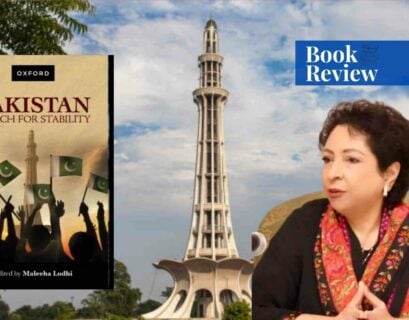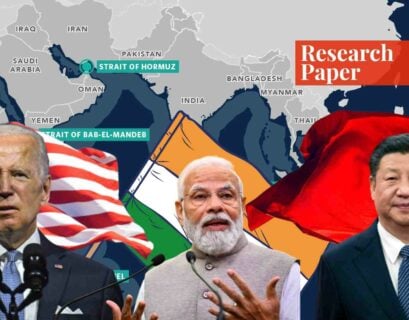The Khmer Regime
In 1951, a revolutionary party was formed by the Khmer population that initiated a communist movement in Cambodia. The party was later called the Communists’ party of Kampuchea and it got involved in various covert objectives against Sihanouk. Eventually, Sihanouk was toppled, but the Khmer Rouge attained popularity in Cambodia after forming a political alliance with him, followed by the disastrous US dropping bombs on Cambodia in the mid-1970s.
After 1970, a civil war between the Kampuchea party’s forces and those of the government in Cambodia lasted for five years. In April 1975, a decisive assault was launched by the Khmer Rouge forces on the capital Phnom Penh. They finally took control of Cambodia and formed a national government there. Pol Pot, who was the head of the military, became the Prime Minister of the national government.
During the Khmer regime, it was estimated that 1.7 million Cambodians died due to the inhumane living situation of the people such as starvation and torture. The Khmer regime abolished all civil and political rights, private property, religion, money, languages, and foreign clothing. The ultra-radical Marxist government even set up a prison “S-21” in which the “traitors” were brought, photographed, tortured and executed.

In 1979, the Vietnamese, invading the area, subverted the Khmer Rouge government. Consequently, the Khmer Rouge moved back to their old remote areas and started working on guerilla warfare while seeking help from China. The Khmer Rouge continued to fight guerilla warfare against the non-communist governments, but they faced multiple military defeats. Later, they signed a peace agreement with the government. Soon, many of the Khmer Rouge leaders were arrested and subjected to trials after the demise of the movement.
The ECCC
As a result of the crimes committed by the Khmer rouge regime, the Extra Ordinary Chambers in the Courts of Cambodia (ECCC) was established for trials in 2006, but it only became fully operational in 2007. The ECCC was the sole official mechanism for accountability and compensation for the victims. The crimes to be redressed included “religious prosecution, genocide, crimes against humanity, grave breaches of the 1949 Geneva Convention, [tortures, adopting forced marriages, targeting on the basis of racial disparity, and murders”.

Kaing Guek Eav (also known as Duch) was convicted of war crimes and sent to prison. Noun Chea, Deputy Secretary of the Communist Party of Kampuchea, was arrested in 2007 and given a life sentence in prison. Khieu Samphan, the former head of state, was convicted of war crimes and genocide in 2018. He was the final and last perpetrator to be punished with a life sentence by the ECCC. Khieu Samphan appealed and said that there were 1824 errors in the judgement of the court including allegations based on biasness, but his appeal was rejected.
Although the people responsible for crimes against the Cambodian people died in prison, indeed in the words of Ming Yuh Hah, the regional director of Amnesty International, “the accountability of most serious crimes has no expiration date”. Overall, Cambodia lost 25% of its population in the genocide, and it still suffers the drawbacks on economic and political grounds.
If you want to submit your articles and/or research papers, please check the Submissions page.
The views and opinions expressed in this article/paper are the author’s own and do not necessarily reflect the editorial position of Paradigm Shift.




















